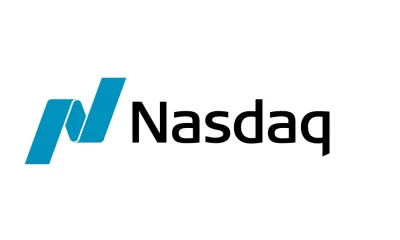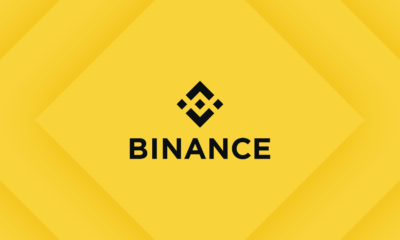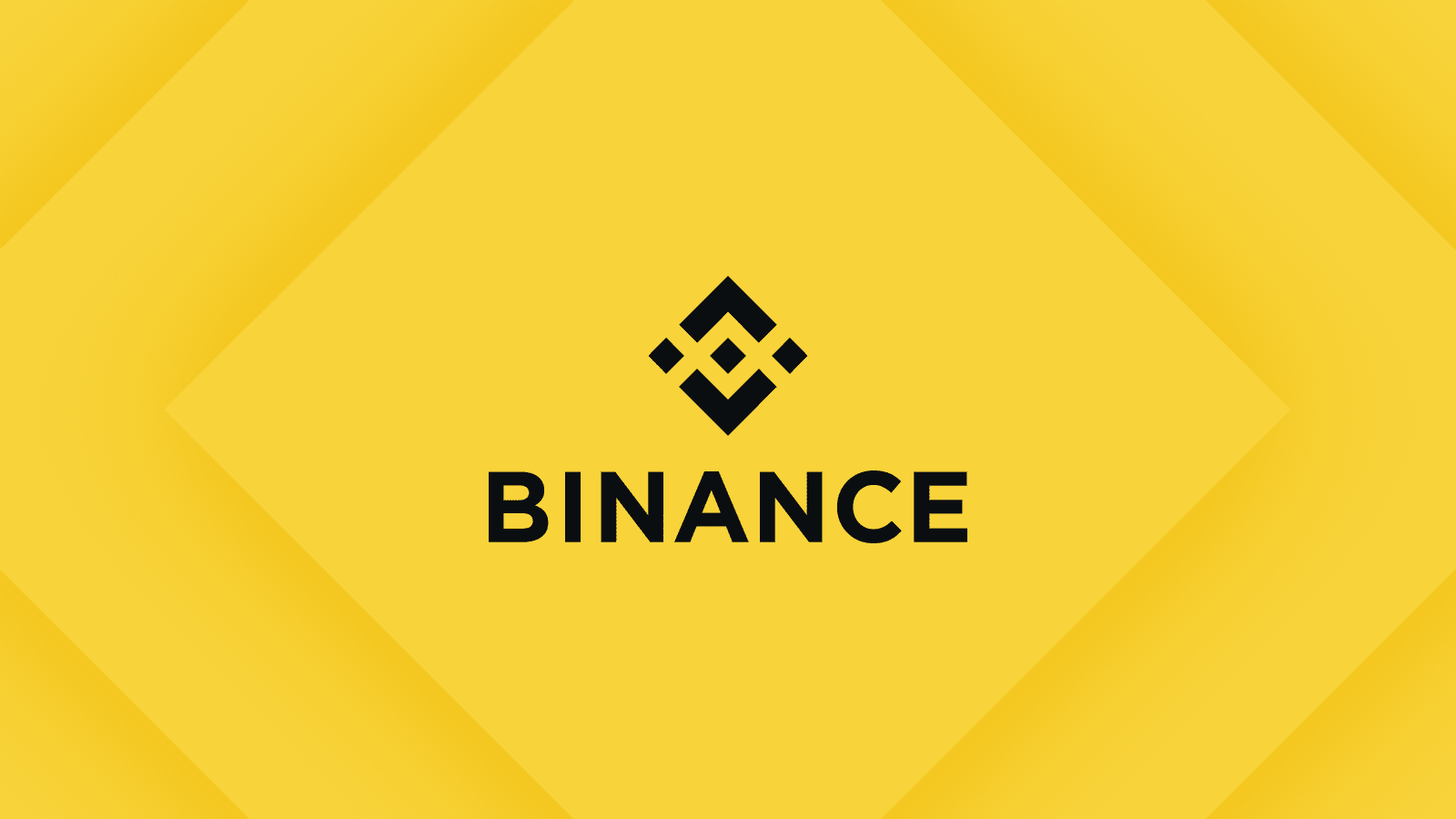Goldman Sachs is reportedly planning to spin out its cryptocurrency platform, a move that signals the bank’s shift in strategy regarding its digital asset business. According to sources familiar with the matter, the global investment bank intends to separate the crypto platform from its core operations, potentially making it an independent entity. This decision comes amid a rapidly evolving cryptocurrency market and growing regulatory scrutiny, raising questions about how traditional financial institutions like Goldman Sachs navigate their involvement in digital assets.
The platform, which was launched to provide trading and investment services for cryptocurrencies, has faced challenges in terms of profitability and scalability. Despite Goldman Sachs’ early push into the crypto sector, including offering services such as crypto trading and advisory to institutional clients, the venture has struggled to establish itself amid market volatility and regulatory uncertainty. The decision to spin out the platform reflects the difficulties faced by major financial institutions as they balance innovation with the need for compliance and risk management.
Goldman Sachs’ potential spinout aligns with broader trends in the financial industry, where traditional players are reevaluating their positions on crypto-related ventures. While some banks have pulled back from direct involvement in cryptocurrencies due to regulatory concerns, others, like JPMorgan and Morgan Stanley, continue to expand their crypto offerings, targeting institutional clients. Goldman Sachs’ move could indicate a pivot toward more cautious, yet still active, participation in the cryptocurrency space.
The future of the spinout remains uncertain, with details on its structure and potential leadership yet to be disclosed. The report also raises questions about the long-term viability of institutional crypto services, particularly as the regulatory landscape continues to evolve. However, the separation of Goldman Sachs’ crypto platform could provide a more flexible structure to navigate these challenges, allowing the business to focus on scaling independently while aligning with future market and regulatory developments.

 Business7 days ago
Business7 days ago
 Business7 days ago
Business7 days ago
 Business7 days ago
Business7 days ago
 Business4 days ago
Business4 days ago
 Business1 week ago
Business1 week ago
 Business4 days ago
Business4 days ago
 Business3 days ago
Business3 days ago
 Business4 days ago
Business4 days ago





























